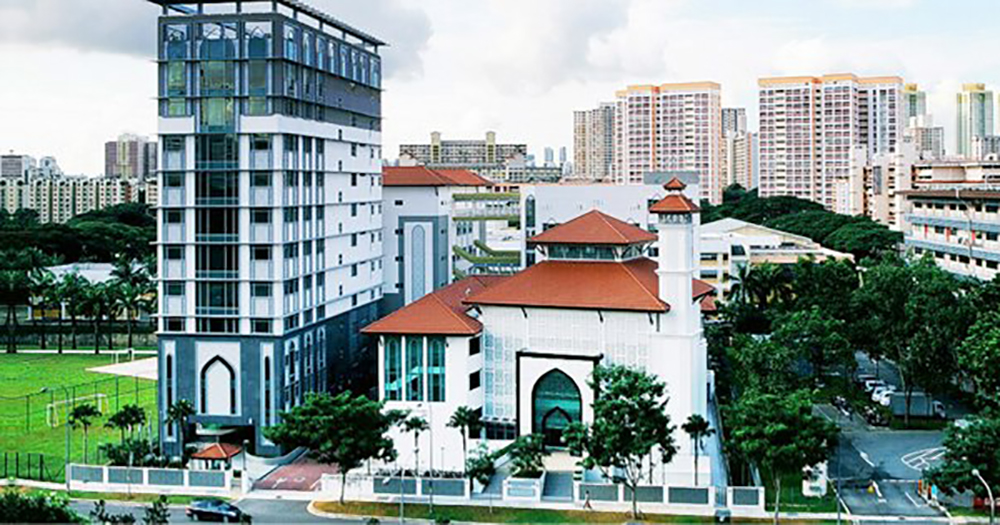The Singaporean Islamic teacher slapped with a restriction order under Singapore's Internal Security Act (ISA) had taken religious ideas out of context in order to fit a radical agenda that promotes violence and killing.
This was shared in a statement issued by the Islamic Religious Council of Singapore (MUIS), which was responding to an announcement made earlier Wednesday by the Ministry of Home Affairs.
Freelance religious teacher, Murad bin Mohd Said, 46, was accredited with MUIS until his status was revoked in May 2018. According to Minister for Home Affairs K Shanmugam, he was issued a restriction order on Dec. 5, 2018, when he was deemed to be a threat to national security.
In its statement, the religious government body added that the incident reinforced the need for vigilance against exclusivist and extremist teachings, along with the importance of the mandatory Asatizah Recognition Scheme (ARS) to ensure that Muslims receive religious guidance only from certified religious teachers.
Idea that apostates must be killed is "misguided and erroneous"
MUIS said in its statement that the Quran "clearly promulgates freedom of belief and leaves it to the individual to accept the religion out of his or her own conscience".
"The Prophet Muhammad (peace be upon him) called others to his faith through good words and deeds, and lived alongside non-Muslims as a single community in Madinah, whose rights to their own beliefs and practices were protected by the Prophet through a covenant or social contract."
It also specifically debunked Murad's teaching:
"The idea that apostates or non-believers can be killed is misguided and erroneous, and has been exploited by radical groups to justify their indiscriminate killings. There must be no place for such ideas in our multi-religious society in Singapore."
MUIS further added that it had developed the Code of Ethics under the ARS, since 2017, to guide religious teachers appropriately.
It engages religious teachers and Islamic religious schools to ensure objectionable material is not used in classes, and that the code of ethics is put into practice. Any teachers who do not fall in line will be removed, it said.
Murad refused to change his views despite engagement, banned from conducting class in S'pore
MUIS said that in the case of Murad, he did not change his views despite being engaged by both the Asatizah recognition board and MUIS.
He was then removed from the ARS register and banned from conducting classes in Singapore, but he persisted in doing so. When investigations revealed that a second radicalised individual, Razali bin Abas, was influenced by Murad's segregationist teachings, the authorities deemed the case was serious enough for Murad to be issued a Restriction Order under the Internal Security Act.
Remarking on news of the case, Senior Director of Religious Policy and Development in MUIS Nazirudin Mohd Nasir said:
"...the case was a clear reminder to the community that we should always seek guidance and teachings only from credible religious teachers and religious schools registered under the ARS, which has robust mechanisms in place to preserve and protect the religious life of the community."
More on the case:
Top image from MUIS Facebook
If you like what you read, follow us on Facebook, Instagram, Twitter and Telegram to get the latest updates.
